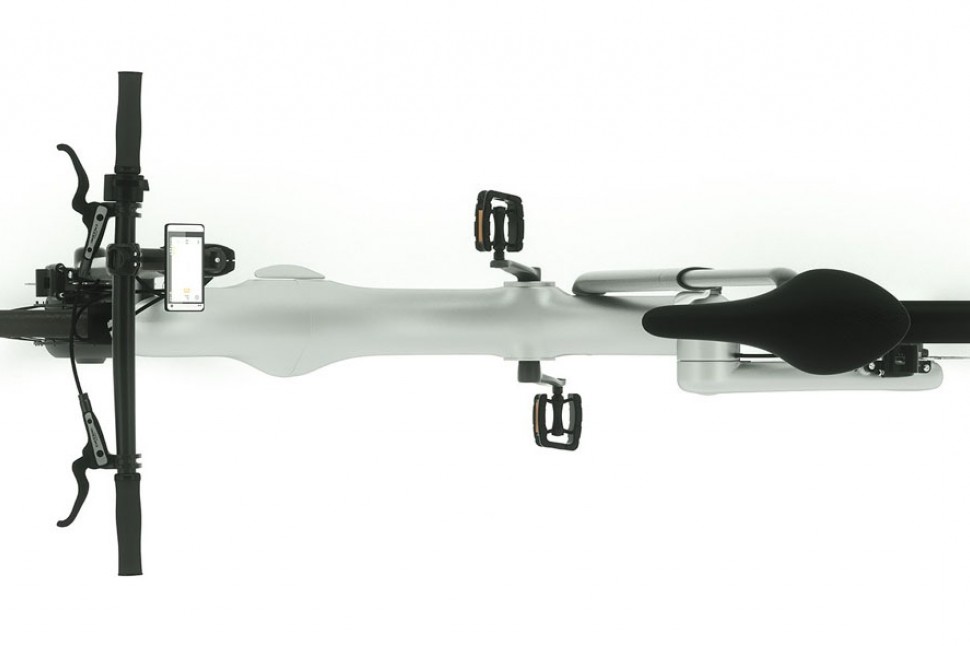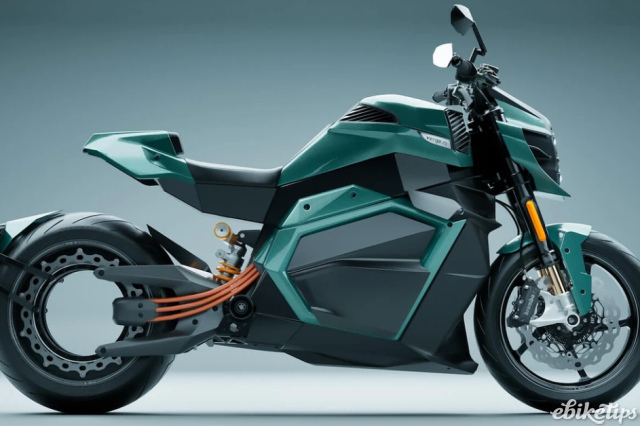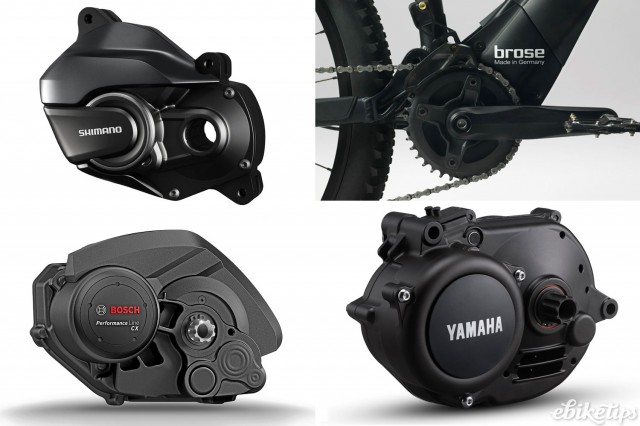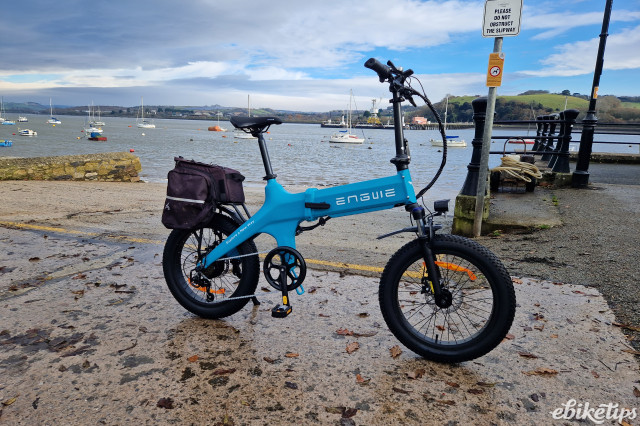If you’re looking for a futuristic city bike that you can fold for the train, the office or the car boot then the Jivr folding electric bike might just be the thing that you’re looking for. It’s packing a whole lot of interesting technology too.
First up: where’s the chain? Jivr has eschewed the usual method of the driving the rear wheel and instead has developed a proprietary chainless transmission that’s entirely enclosed within the bike’s frame. There’s a single gear ratio and Jivr claims that the drivetrain is 94% efficient, which is similar to a chain transmission. The internal routing means there’s no oily bits to catch your trousers on, and it should also mean low maintenance. The frame itself is created from two sheets of aluminium welded together.
The Jivr folds in four moves, and once it's folded it's wheelable so it's easy to move about. Jivr hasn't published a weight for the complete bike but the small battery and compact motor should help to keep it reasonably light.
The motor is in the front wheel, which mounts on one side only to a monoblade fork. The same is true at the back, with a single mounting point for the rear wheel that also houses the drive mechanism. If you’re worried about either being strong enough, then don’t be: both designs have a long history and have been used in everything from the iconic Lotus track bikes used in the 1992 Olympics to countless BMW motorbikes.
There’s no display on the bike: it’s designed to be paired with your smartphone, and a Jivr app will allow you to keep track of the battery level and power mode, as well as giving you routing advice. Jivr is also teaming up with beacon provider kontakt.io to bring other benefits to Jivr users.
The nature of the frame design means that both the seatpost and the steering column are offset rather than central. The seatpost kinks at the top to place the saddle on the centre line of the bike. The steerer is offset all the way down but the actual steering pivot is on the bike’s centre line so it shouldn’t affect handling at all.
Carrying on the internal theme, the battery is situated within the main frame of the bike too. Jivr doesn’t say how big the battery is, but considering they’re claiming a 30km range and a recharge time of 90 minutes, it’s reasonably small; we’re guessing 150-200Wh. This is a bike designed for short hops between the station and home or the office, so the low range won’t be an issue for most users.
The bikes are currently in production and you can book a test ride on the Jivr website with a refundable £99 deposit. Test rides in London begin at the end of June and the bike will cost £1,700 plus "local taxes and shipping"; we don't know yet what the full UK total will be. The long-term plan is to sell the bikes through an own brand store network, with the Jivr team – who have come from the motor industry – aiming to create something akin to the “Tesla experience”. And they have just the investor to help them with that.
“The major turning point came a senior VP at Tesla, one of the guys who created the ‘Tesla Experience’ with Elon Musk, came on board with investment”, Jivr CEO Marcin Piątkowski told cycleindustry.news. “Once you have someone like that backing your project things get moving a lot quicker and we’re now manufacturing in Poland with a method that differs from your standard bicycle production. We’ve the same engineering experience behind the brand as those who produce the American Army’s Black Hawks and that manufacturing space has expanded three fold in to accommodate Jivr production. This has created 30 jobs, rising to 60 by the end of the year.”









